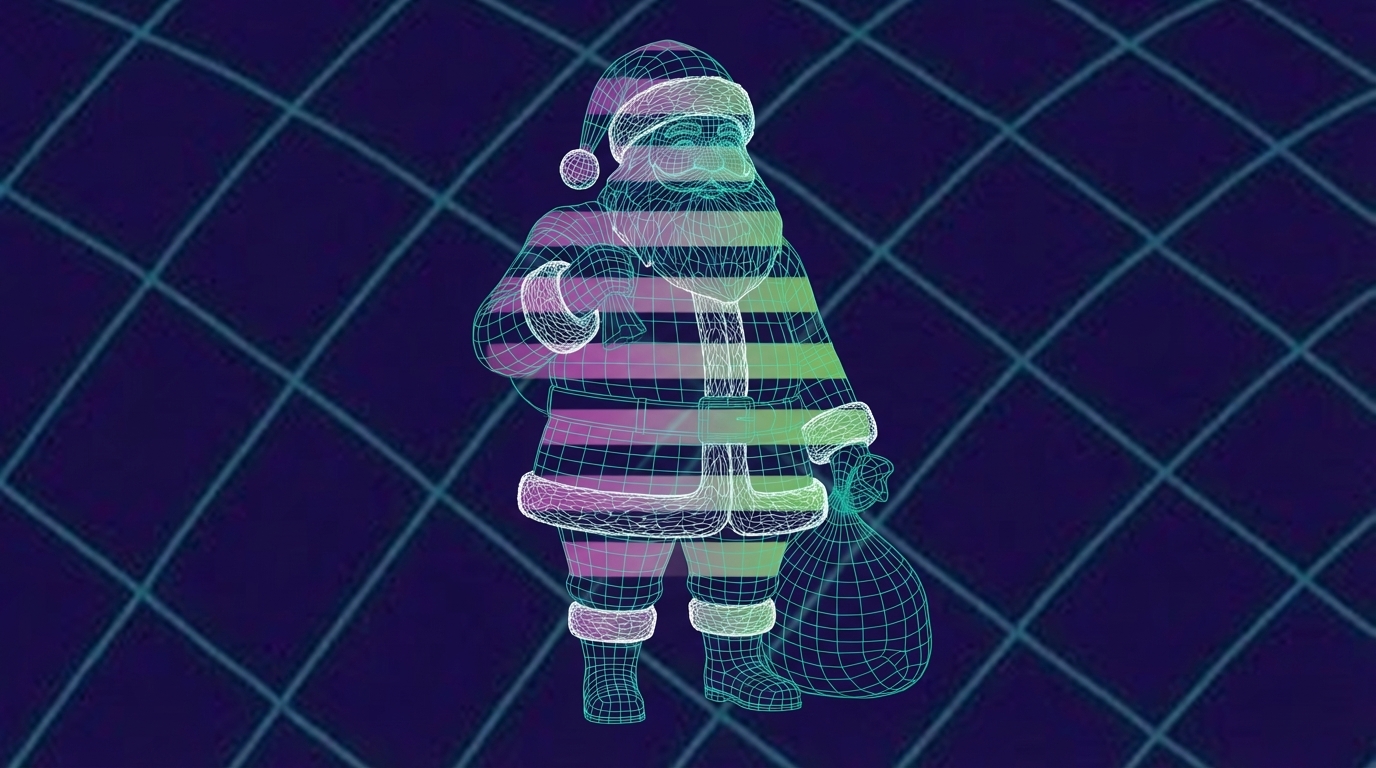OpenAI turns ChatGPT into a shopping agent that researches and compares products

Key Points
- OpenAI has launched "Shopping Research," a new ChatGPT feature that assists users with complex purchasing decisions by independently searching the web.
- The system asks follow-up questions and presents findings in a visual shopping guide to make product comparisons easier.
- Built on a custom "GPT-5 mini" model, the tool lets users rate products in a new interface, which automatically updates and refines search results in real time.
OpenAI has introduced "Shopping Research," a new ChatGPT feature built to help people search for products. The tool adds a new layer of personalization through ChatGPT's existing memory system, creating possibilities that could work in users' favor or raise concerns.
Unlike a traditional search engine, the system behaves more like an autonomous agent. It asks questions, browses the internet for current information, and turns its findings into a visual shopping guide. The feature is rolling out now for logged-in users across the Free, Go, Plus, and Pro plans, and usage will be largely unlimited during the holiday shopping season.
OpenAI says the tool is meant for a "deeper kind of decision-making." Instead of simply pulling prices, it can take on more complex requests like "Find the quietest cordless stick vacuum for a small apartment," or compare multiple bikes. It usually starts by asking clarifying questions about budget or preferences, then performs its own research and presents an overview with pros and cons.
Advertising has never been more personal
The agent also taps into ChatGPT's memory. If past conversations show someone likes video games, it factors that in when searching for a laptop. The interface includes quick feedback buttons like "Not interested" or "More like this," letting users shape the results in real time.
This aligns with an earlier report from The Information that OpenAI has been exploring ways to use ChatGPT's memory feature for personalized advertising. According to insiders, roughly 20 percent of OpenAI's workforce now comes from Meta, contributing to what they describe as a cultural shift toward more aggressive growth.
In the past, CEO Sam Altman publicly warned against exactly this direction. "It’s easy to imagine the dystopian visions of the future—where you ask ChatGPT something and it replies, ‘You should think about buying this product,’ or ‘You should go here for vacation,’ or whatever," he said. "I really appreciate that we have a simple business model. I like it. I know I’m not the product—I’m paying, and that’s how the business model works."
With the new shopping agent using personal memory data to make purchase recommendations, that concern now feels more tangible. The pressure to justify OpenAI's massive valuation could push the company toward monetizing user data for targeted advertising or earning commissions on purchases.
Deep Research, now optimized for shopping
According to OpenAI, Shopping Research runs on a mini model post-trained on GPT-5-Thinking-mini. It uses deep research capabilities. The model was trained using reinforcement learning specifically for shopping tasks, with a focus on reading reliable sources and synthesizing information. It resembles OpenAI's existing deep research feature ("researches deeply across the internet") but tuned for e-commerce.
In OpenAI's internal product accuracy evaluation, the specialized model reached 64 percent. For comparison, GPT-5-Thinking scored 56 percent, and the standard ChatGPT Search reached just 37 percent. Despite the dedicated architecture, OpenAI warns that errors are still possible, including incorrect prices or availability details.
| Model | Product Accuracy |
|---|---|
| Shopping research* | 64% |
| GPT-5-Thinking | 56% |
| GPT-5-Thinking-mini | 52% |
| ChatGPT Search | 37% |
The interface works differently from a normal chat. Instead of text-only responses, users get a visual layout where they can tag products with "Not interested" or "More of this." This feedback is meant to steer the agent's ongoing research in real time.
For ChatGPT Pro subscribers, the feature is integrated into "Pulse," which can proactively surface shopping guides based on previous conversations. Someone who recently chatted about e-bikes, for example, might later see suggestions for matching accessories, creating a more targeted advertising funnel.
ChatGPT cannot complete purchases directly yet. Users still need to follow the linked retailer pages. In the future, participating sellers will be able to offer instant checkout inside the chat.
OpenAI says the search results are organic and based on publicly available data. Chat logs are not shared with retailers. Retailers can, however, join an allowlist so their products are eligible to appear in results.
AI News Without the Hype – Curated by Humans
As a THE DECODER subscriber, you get ad-free reading, our weekly AI newsletter, the exclusive "AI Radar" Frontier Report 6× per year, access to comments, and our complete archive.
Subscribe now